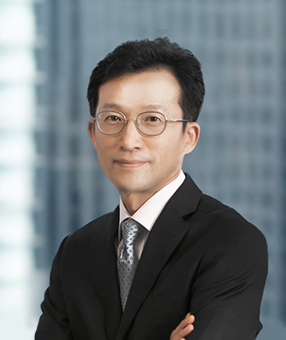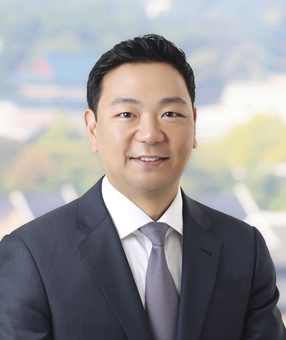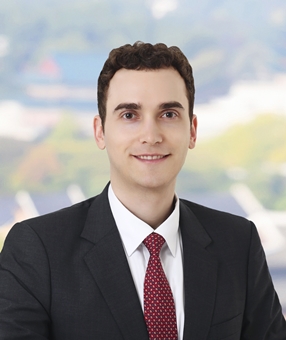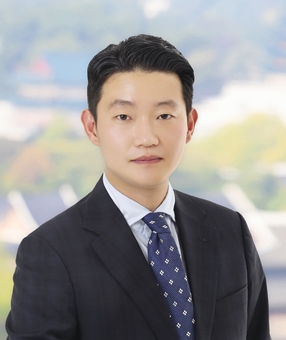The Korean M&A market was off to a strong start in 2022, with deals in progress or in the pipeline valued at a total of approximately USD 20 billion. Meanwhile, global private equity firms held approximately USD 2.3 trillion in uncommitted capital, and medium and large Korean and Korea-focused private equity sponsors were situated to deploy approximately USD 25 billion in 2022. However, consistent with global M&A activity, a number of factors dampened M&A activity in Korea for the second half of the year, including: (i) interest rate hikes, (ii) rising inflation, (iii) government policy uncertainty during the transitional period following the election of a new Korean president and (iv) the Russian invasion of Ukraine. According to industry reports, 636 Korean M&A transactions (in-bound, out-bound and domestic) with a total transaction value of approximately USD 64 billion were announced in 2022, representing a decrease of approximately 40% from the total transaction value of nearly USD 106 billion (over 640 transactions) recorded in 2021. As in prior years, Kim & Chang led the Korean M&A market both in terms of deal volume and deal value, advising on 102 transactions accounting for approximately USD 29 billion in total deal value (based on Mergermarket), representing approximately 45% of the total deal value of all transactions in Korea.
The most significant factor contributing to the downturn in 2022 M&A activity was the increases in interest rates. While Korean M&A activity in 2021 benefited from a historically low benchmark interest rate of 0.50-0.75%, six rate increases over the course of 2022 resulted in a 3.25% benchmark interest rate by the end of the year. With capital becoming increasingly expensive and difficult to access, leveraged buyout activity decreased, with some transactions being delayed while others were dropped entirely or put on hold (e.g., Magna Chip, Burger King, PI Advanced Materials and Megastudy). Large corporations also experienced difficulties in generating liquidity by divesting non-core assets to private equity firms and other buyers.
Private equity firms intensified their focus in 2022 on assets with proven track records of stable cash generation, such as those related to infrastructure (e.g., Hahn & Company’s acquisition of SK Chemical’s industrial materials business and Brookfield’s acquisition of the industrial gas facilities of SK Materials Airplus) and credit, where as a result of amendments to the Capital Markets Act in 2021, private equity funds can create and operate loan-type funds such as private debt funds and private credit funds. Private equity firms also focused on smaller strategic bolt-on transactions.
In the technology sector, previously planned major IPOs (such as Kurly) were tabled due to unfavorable capital market conditions, while the timing of other IPOs in the pipeline (such as Yanolja) remains uncertain. Although strong demand promoted increased participation by large companies in the semiconductor industry, the cost of investment has increased significantly due to depressed market conditions. Furthermore, M&A activity by companies in the online platform, fintech and blockchain industries decreased significantly compared to the 2021 levels due to liquidity concerns and sometimes significant deterioration in valuations.
Following the election of Yoon Suk-yeol as the 13th president of Korea in March 2022, major Korean conglomerates announced plans to expand their investments, but to date such investment activities have remained muted due to market conditions. However, there were still notable acquisitions by large corporations in 2022, such as the USD 2.3 billion buyout of Samsung Bioepis by Samsung Biologics, Naver’s acquisition of Poshmark for approximately USD 1.6 billion and the announced USD 1.9 billion purchase of Iljin Materials by Lotte Chemicals. Further, outbound investments by major Korean conglomerates and mid-sized Korean companies continued to be pursued (especially in the United States pursuant to the Inflation Reduction Act, as discussed further below), but some have remained in the evaluation stage primarily due to the significant weakening of the Korean Won.
Some industries have been able to weather the current climate better than others. As governmental restrictions related to the COVID-19 pandemic were lifted and consumers increased their social activities, food and beverage and franchise sales increased, leading owners of franchises in Korea such as KFC, Nolbu, McDonald’s, Burger King, Mom’s Touch and Tasters to seek exit opportunities. M&A activity in the bio-pharma sector also remained steady, with notable transactions in 2022 including: (i) MBK Partners’ announcement to purchase Medit Corp. for approximately USD 2 billion; (ii) Bain’s acquisition of Classys Inc. for approximately USD 556 million; (iii) LG Chemical’s acquisition of Aveo Pharmaceuticals for approximately USD 572 million; and (iv) SD Biosensor’s acquisition of Meridian Bioscience for approximately USD 1.6 billion.
The prevalence of warranty and indemnity insurance (W&I insurance) continued in 2022, where one fourth of the deals valued at approximately USD 800 million or more included W&I insurance as the main remedy for breaches of seller representations and warranties. While many transactions utilizing W&I insurance in the past involved cases in which a seller intended to distribute sales proceeds to investors post-closing and therefore needed a “clean exit,” other factors such as concerns regarding a seller’s future financial capability have led investors to consider the use of W&I insurance to help mitigate counterparty risk more generally.
To read the full version of the “Korea M&A – 2023 Outlook” please refer to the following attachment.
Attachment Korea M&A - 2023 Outlook.pdf
Related Topics









